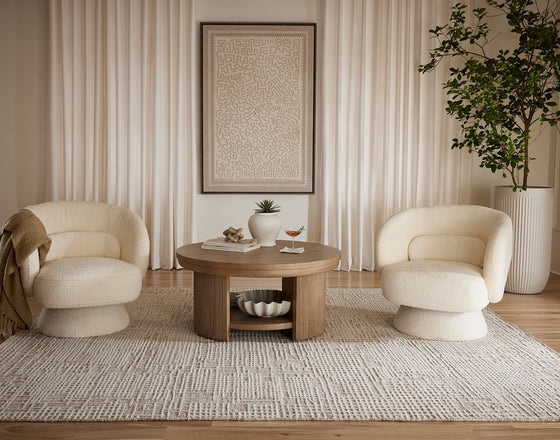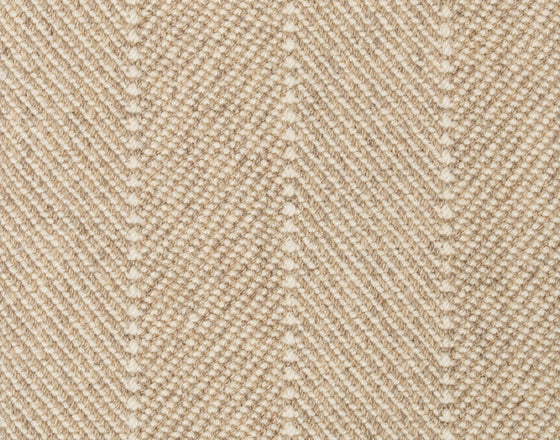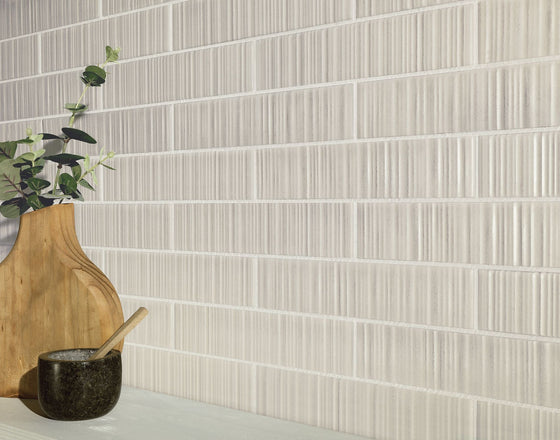When it comes to upgrading your space with warmth, character, and durability, engineered hardwood flooring is one of the most popular choices on the market today. It combines the timeless beauty of hardwood with modern technology that makes it more versatile, often more affordable, and well-suited for areas where traditional hardwood might not perform as well.
Still, one of the first questions homeowners ask is: How much does engineered hardwood flooring really cost? From materials to installation and maintenance, we’re breaking it all down so you can budget smartly and avoid surprise expenses along the way.
Understanding the Basics: What Is Engineered Hardwood?
Before diving into the numbers, it’s helpful to understand what you’re paying for. Engineered hardwood is made of a real hardwood veneer attached to layers of plywood or high-density fiberboard. This layered construction makes it more stable than solid hardwood, especially in areas with changing humidity or temperatures (hello, kitchen and basement).
Whether you're choosing wide plank engineered hardwood for a bold, modern look or white oak engineered hardwood flooring for something more classic, you'll find a range of styles and finishes to match your taste.
What Influences Engineered Hardwood Flooring Cost?
The cost of engineered hardwood flooring depends on a few key factors:
1. Wood Species
The type of wood you choose can drastically affect your price.
-
White oak engineered hardwood is a popular, mid-range option.
-
Maple engineered hardwood flooring tends to be slightly more affordable.
-
Walnut engineered hardwood is more luxurious and priced accordingly.
2. Plank Width and Thickness

Wide plank engineered hardwood looks stunning, but usually comes at a higher cost due to more material per plank. Similarly, thicker boards (with a thicker wear layer) may cost more upfront, but they offer longer durability and may even allow for refinishing.
3. Brand and Quality
The best engineered hardwood flooring brands come with better construction, longer warranties, and more realistic finishes. That quality comes at a premium—but for high-traffic areas, it’s often worth the investment.
4. Installation Method
The cost to install engineered hardwood varies based on how the flooring is installed:
-
Floating floor (least expensive)
-
Glue-down (more labor-intensive—requires adhesive for engineered hardwood flooring)
Expect to pay between $3 and $10 per square foot for professional installation, depending on your location and method.
So, How Much Should You Budget?
Here’s a general breakdown:
|
Expense |
Low End |
High End |
|
Engineered Hardwood Flooring |
$6 / sq. ft. |
$20 / sq. ft. |
|
Installation Cost |
$3 / sq. ft. |
$10 / sq. ft. |
|
Additional Materials (underlayment, adhesive) |
$1 / sq. ft. |
$3 / sq. ft. |
|
Total Per Square Foot |
$7 |
$27 |
So for a 1,000-square-foot space, you’re looking at a range of $7,000 to $27,000, depending on your preferences.
Can You Refinish Engineered Hardwood?
One of the biggest questions we hear is: Can you refinish engineered hardwood?
The answer is: It depends. If your flooring has a thick enough wear layer (usually 3mm or more), you can refinish it once or maybe even twice. This is something to consider when comparing engineered hardwood vs hardwood, as solid wood can typically be refinished many times.
Long-Term Costs: Durability and Maintenance
You might be wondering, how long does engineered hardwood last? With proper care, it can last 20 to 30 years or more. And if something does go wrong, engineered hardwood floor repair is usually simpler and more cost-effective than replacing solid wood boards. You can find out how humidity and temperature affect your hardwood flooring.
Routine hardwood flooring maintenance, sweeping, occasional damp mopping, and avoiding harsh chemicals can help preserve the finish. If your boards get damaged, fixing engineered hardwood floors often involves replacing a single board, not the entire floor.
Final Thoughts: Making Engineered Hardwood Work for Your Budget
Whether you’re looking for affordable engineered hardwood flooring for a rental renovation or investing in top engineered hardwood floors for your dream home, there’s an option to fit your budget. And with so many finishes, from sleek modern to rustic farmhouse, you don’t have to sacrifice style for savings.
Just remember: budgeting for engineered hardwood flooring isn’t just about square footage. Consider the installation method, the room’s function, and the long-term performance to make the best decision for your home.















